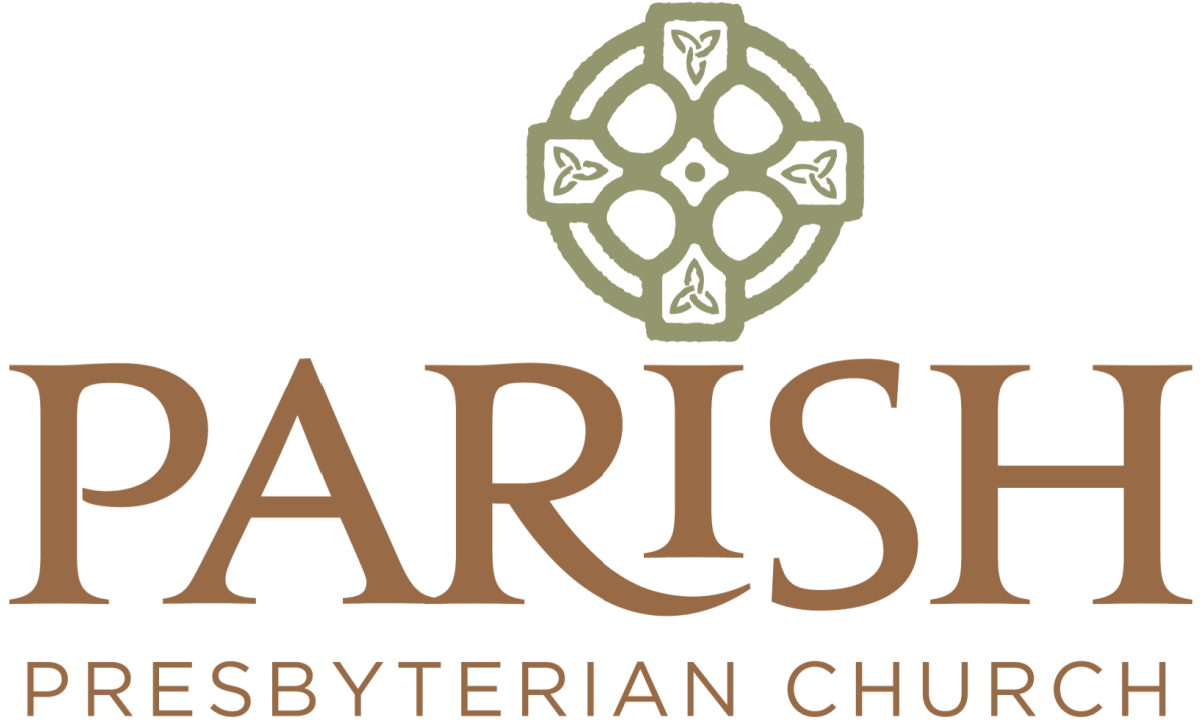The hymn which closes our service, There’s A Wideness In God’s Mercy, beautifully expresses amazement at God’s provision in unlikely circumstances, a sentiment also found in many of the Scripture readings this morning (Psalm 30; Psalm 126; Isaiah 55; Romans 11). The text was written by an English minister, Frederick Faber, in the midnineteenth century. Though popular, it has been edited, redacted, and had its verses re-arranged numerous times (it sometimes appears with a different title, Souls Of Men), and has never been definitively paired with a single melody. Here at Parish, over the years we have come to associate this text with HOLY MANNA, by William Moore. Moore published this rousing hymn tune in his Columbian Harmony (1825), one of the earliest collections of sacred music published in the American South and an important source for the more well-known Southern Harmony (1835) and Sacred Harp (1844). Almost nothing is known of his biography, other than he lived and worked in Wilson County,
Tennessee—evidenced by the title page of his hymnal and the names of two of his other hymn tunes WILSON and LEBANON. What a testament to God’s faithfulness that the work of an obscure Middle Tennessean, whose life is all but forgotten, is still bringing glory to God in his native land, bringing life to words he almost certainly never heard.
—Henry C. Haffner
Key Words: Third, Favor, Wish, Wrath, Splendor, Nothing, Gallows
Keystone Verse: When the king saw Queen Esther standing in the court, she won favor in his sight. (Esther 5:2)
Esther 5:1-15
On the third day Esther put on her royal robes and stood in the inner court of the king’s palace, in front of the king’s quarters, while the king was sitting on his royal throne inside the throne room opposite the entrance to the palace. 2 And when the king saw Queen Esther standing in the court, she won favor in his sight, and he held out to Esther the golden scepter that was in his hand. Then Esther approached and touched the tip of the scepter. 3 And the king said to her, “What is it, Queen Esther? What is your request? It shall be given you, even to the half of my kingdom.” 4 And Esther said, “If it please the king, let the king and Haman come today to a feast that I have prepared for the king.” 5 Then the king said, “Bring Haman quickly, so that we may do as Esther has asked.” So the king and Haman came to the feast that Esther had prepared. 6 And as they were drinking wine after the feast, the king said to Esther, “What is your wish? It shall be granted you. And what is your request? Even to the half of my kingdom, it shall be fulfilled.” 7 Then Esther answered, “My wish and my request is: 8 If I have found favor in the sight of the king, and if it please the king to grant my wish and fulfill my request, let the king and Haman come to the feast that I will prepare for them, and tomorrow I will do as the king has said.”
9 And Haman went out that day joyful and glad of heart. But when Haman saw Mordecai in the king’s gate, that he neither rose nor trembled before him, he was filled with wrath against Mordecai. 10 Nevertheless, Haman restrained himself and went home, and he sent and brought his friends and his wife Zeresh. 11 And Haman recounted to them the splendor of his riches, the number of his sons, all the promotions with which the king had honored him, and how he had advanced him above the officials and the servants of the king. 12 Then Haman said, “Even Queen Esther let no one but me come with the king to the feast she prepared. And tomorrow also I am invited by her together with the king. 13 Yet all this is worth nothing to me, so long as I see Mordecai the Jew sitting at the king’s gate.”14 Then his wife Zeresh and all his friends said to him, “Let a gallows fifty cubits high be made, and in the morning tell the king to have Mordecai hanged upon it. Then go joyfully with the king to the feast.” This idea pleased Haman, and he had the gallows made.

